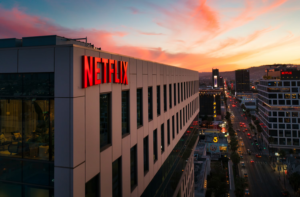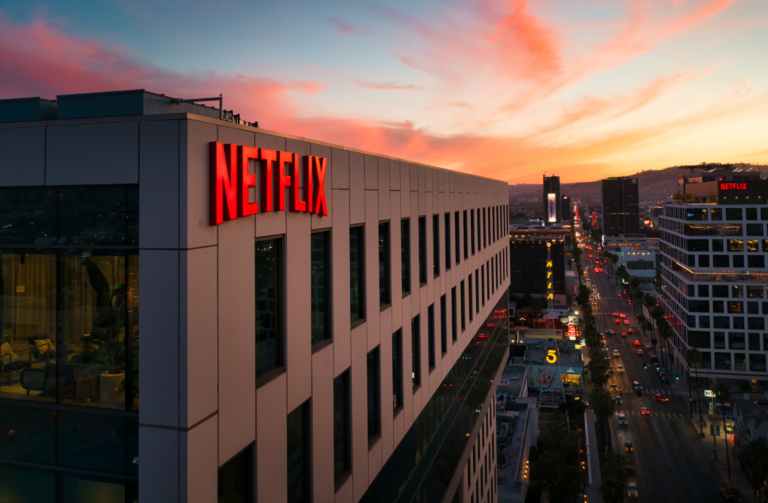
In recent years, social media influencers have become a powerful force in the world of marketing, with their growing popularity leading to increased earnings. Influencers are individuals who have gained a significant following on platforms like Instagram, TikTok, and YouTube, and are able to monetize their content through brand deals, sponsored posts, and affiliate marketing.
The earning potential for influencers is staggering, with some top creators making millions of dollars per year. According to a report by Business Insider, the top ten highest-paid TikTok stars made a combined $114 million in 2020, with the highest earner, Addison Rae, bringing in an estimated $5 million per month. Similarly, Instagram influencer Huda Kattan, founder of the cosmetics brand Huda Beauty, has a net worth of $610 million.
One reason for the explosive growth of influencers is the shift in marketing towards social media. Brands are increasingly looking to partner with influencers to reach younger audiences and increase brand awareness. Influencer marketing is expected to reach $13.8 billion in spending by 2022, up from $9.7 billion in 2020.
Influencers are also able to connect with their audiences on a more personal level than traditional celebrities. They often share their personal lives and interests with their followers, creating a sense of authenticity and relatability that resonates with their audience.
However, the world of influencer marketing is not without its challenges. With the growing number of influencers, competition for brand deals has become fierce, leading to a pressure to constantly produce content and maintain engagement. There have also been concerns about the authenticity of influencer content, with some influencers being accused of using bots to inflate their following or buying likes and comments.
Another challenge is the increasing scrutiny of influencer practices by regulators. In the US, the Federal Trade Commission (FTC) has guidelines that require influencers to disclose sponsored content, and failure to do so can result in fines. Similarly, the Advertising Standards Authority (ASA) in the UK has cracked down on influencer ads that are not clearly marked as such.
Despite these challenges, the popularity of influencers shows no signs of slowing down. As social media continues to evolve, new platforms are emerging and creating opportunities for new creators to rise to fame. Influencers are also diversifying their income streams by launching their own products, creating courses and e-books, and offering personalized services.
The world of influencer marketing is constantly evolving, but one thing is clear: social media stars are here to stay. With their ability to connect with audiences in a unique way and the potential for massive earnings, influencers will continue to shape the world of marketing and advertising for years to come.








